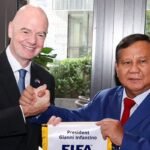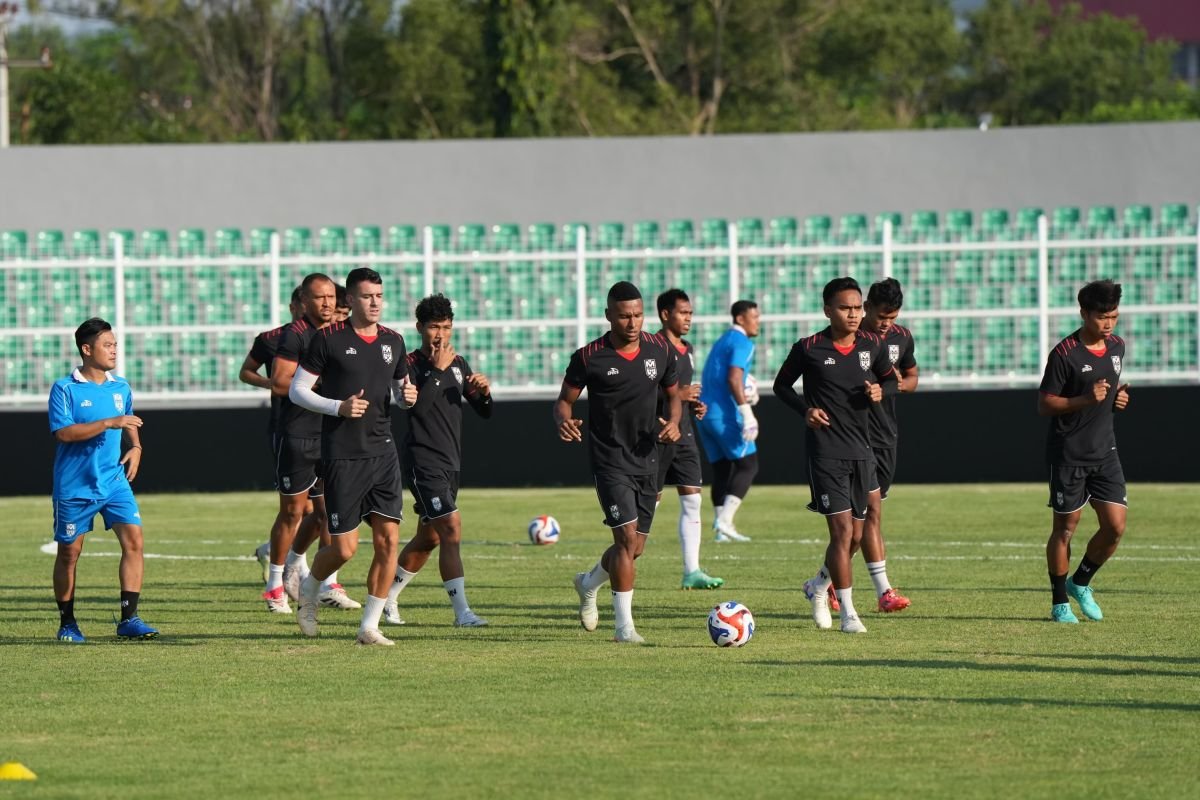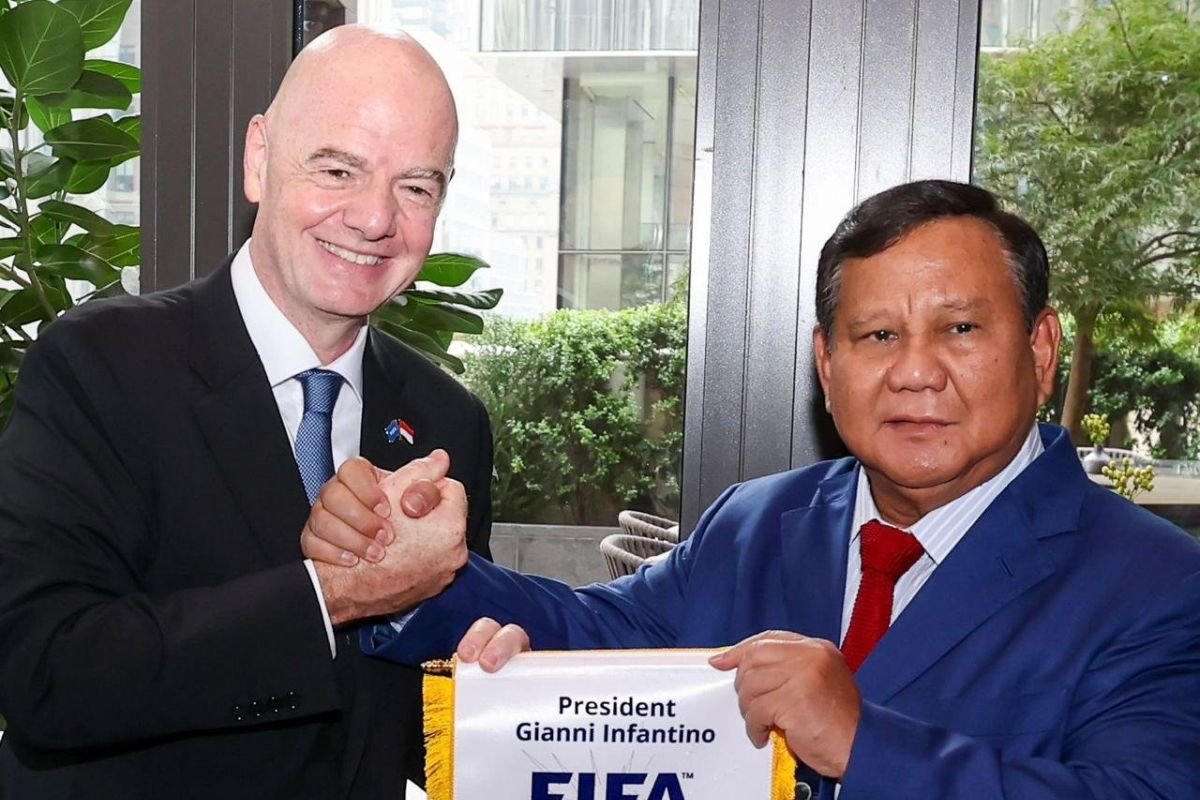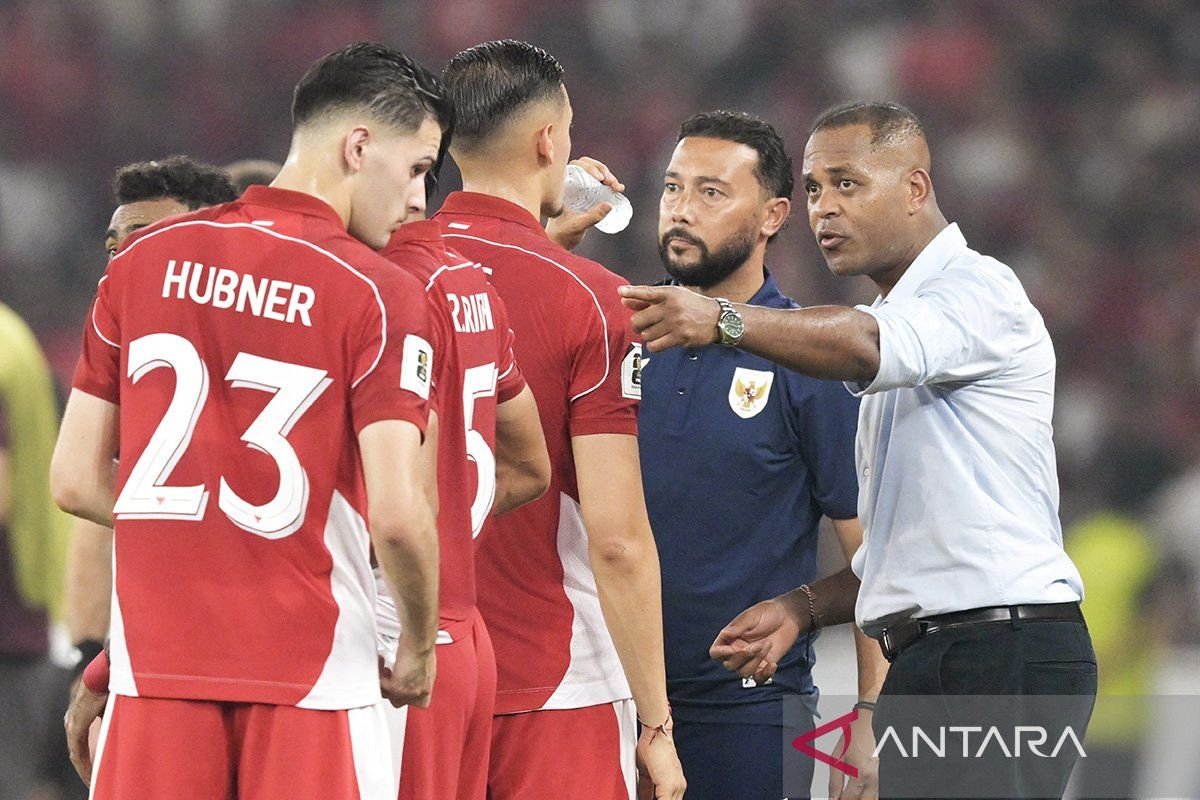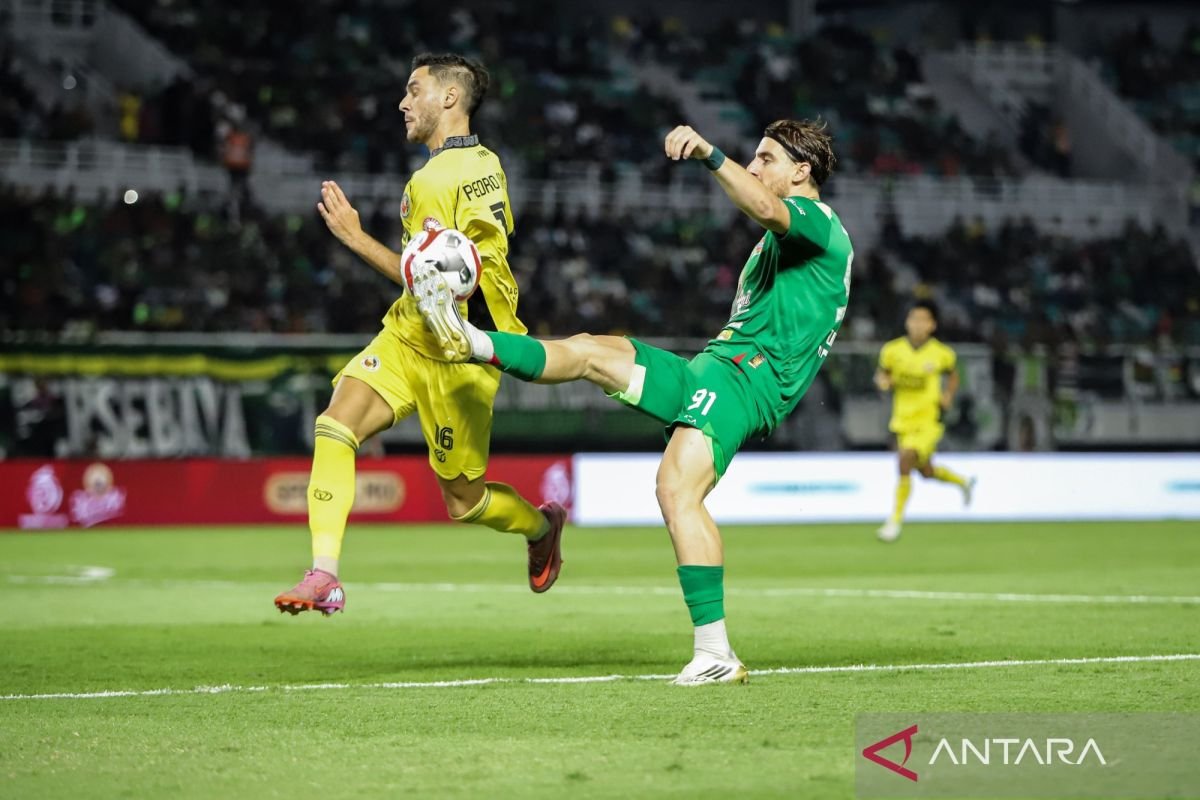### Revitalizing Stadiums: Egy Maulana’s Vision for Indonesian Football Development
Football is more than just a sport in Indonesia; it is a passion that unites millions of fans across the archipelago. With a rich history and a vibrant fan culture, Indonesian football has immense potential for growth and development. At the forefront of this ambition stands Egy Maulana Vikri, a young and talented footballer who has become a symbol of hope for the sport’s future in Indonesia. His vision for revitalizing stadiums is not only about enhancing facilities but also fostering a deep-rooted connection among fans, players, and communities.
#### The Current State of Indonesian Football
Indonesian football faces numerous challenges, including subpar infrastructure, inadequate training facilities, and management issues. Many stadiums, once bustling with excited fans, have fallen into disrepair, deterring spectators and diminishing the overall match-day experience. This decline has stifled the growth of both local clubs and the national team, limiting opportunities for young talent to shine on a larger stage.
Recognizing these challenges, Egy Maulana sees an urgent need for revitalization. By enhancing stadiums across the country, he believes that Indonesian football can reclaim its place in the hearts of fans and foster a new generation of talent.
#### A Vision for Revitalization
1. **Upgrading Infrastructure**:
One of Egy’s primary objectives is to improve existing stadium facilities. This involves upgrading seating arrangements, lighting systems, and playing surfaces to match international standards. By creating safe and comfortable environments for fans, attendance is likely to increase, generating the much-needed revenue for local clubs.
2. **Creating Community Spaces**:
Egy envisions stadiums as more than just venues for football matches. He advocates for the development of community spaces around these stadiums. By incorporating areas for local businesses, entertainment, and recreational activities, stadiums can become vibrant hubs that foster community engagement and social interaction.
3. **Incorporating Technology**:
In an era where technology plays a pivotal role in enhancing experiences, Egy stresses the importance of integrating digital solutions into stadium operations. High-speed internet, mobile app ticketing, and smart seating reservations can significantly improve the fan experience and streamline operations for clubs.
4. **Education and Grassroots Development**:
Revitalizing stadiums will also involve focusing on grassroots programs and youth academies. Egy believes that by investing in young talent and providing them with access to high-quality facilities and coaching, Indonesia can cultivate the next generation of football stars who can compete on both national and international stages.
5. **Sustainability Initiatives**:
With an increasing emphasis on environmental sustainability, Egy envisions eco-friendly stadiums that utilize renewable energy sources, efficient waste management, and green landscaping. This not only reflects global trends towards sustainability but also presents an opportunity for Indonesian football to lead the way in responsible sports management.
#### The Road Ahead
Egy Maulana Vikri’s vision for revitalizing stadiums in Indonesia reflects a deep understanding of the sport’s cultural significance and economic potential. His commitment to creating welcoming and functional spaces aligns with the desires of fans, players, and local communities alike. By prioritizing infrastructure, community building, education, and sustainability, he aims to ensure that Indonesian football not only survives but thrives.
The journey towards revitalizing Indonesian football is monumental and requires collaboration among stakeholders—government bodies, sports organizations, private investors, and the fans themselves. By rallying around Egy’s vision, there is hope for a robust future where Indonesian football flourishes on both domestic and international stages.
In conclusion, Egy Maulana’s holistic approach to revitalizing stadiums embodies a broader aspiration for the sport—a vision that intertwines passion and progress, ensuring that football remains a vibrant part of Indonesian culture for generations to come. As the country takes important steps toward revitalization, it is evident that the future of Indonesian football is bright, bolstered by visionary leaders like Egy Maulana.



